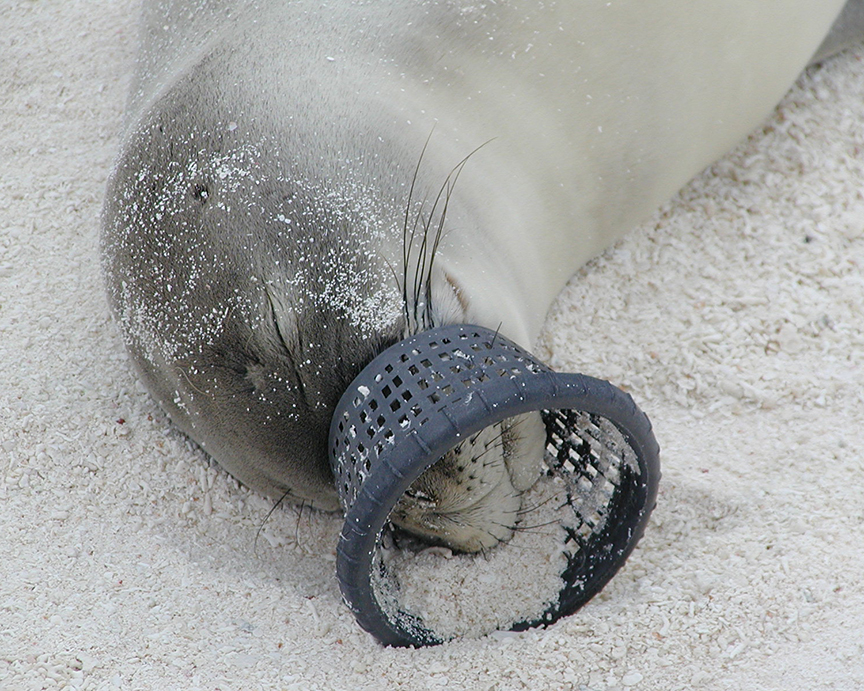
The Pacific or Polynesian rat is the smallest of the three rats (Rattus rattus, R. norvegicus and R. exulans) closely associated with humans. R. exulans has a slender body, pointed snout, large ears, and relatively small, delicate feet. A ruddy brown back contrasts with a whitish belly.
The state Department of Land and Natural Resources, Division of Forestry and Wildlife has partnered with the conservation non-profit Island Conservation and a group of interested stakeholders to study the introduced population of rats on Lehua Island.
Lehua is a small, uninhabited island just three-quarters of a mile North of Ni‘ihau. The island is owned by the U.S. Coast Guard and protected and managed as a seabird sanctuary by DOFAW.
Lehua is home to many seabird species and native plants including threatened or endangered species. One of the main threats to the plants and animals of Lehua Island is the population of invasive Pacific rats (Rattus exulans). Rats are known to prey on ground nesting birds, eggs and chicks. They also eat the seeds, bark, leaves and new shoots of plants.
From Sept. 14- 28, IC and DOFAW are planning to study the rat population on Lehua Island (weather permitting). The study will involve non-toxic cereal-based rodent pellets applied to the island from a hopper attached to a helicopter. The rat pellets contain a non-toxic dye that will allow the biologists to determine which animals eat the pellets. Following the application of rodent pellets, surveyors will determine the quantity of pellets consumed in given locations over time. This will allow for estimates of the rat population to be made within the survey area.
Results of this study will help inform DOFAW and partners regarding the status of rats on Lehua Island and will help DOFAW determine what actions, if any, might be needed to further protect Lehua’s native plants and animals.
Discover more from ForKauaiOnline
Subscribe to get the latest posts sent to your email.








Leave a Reply